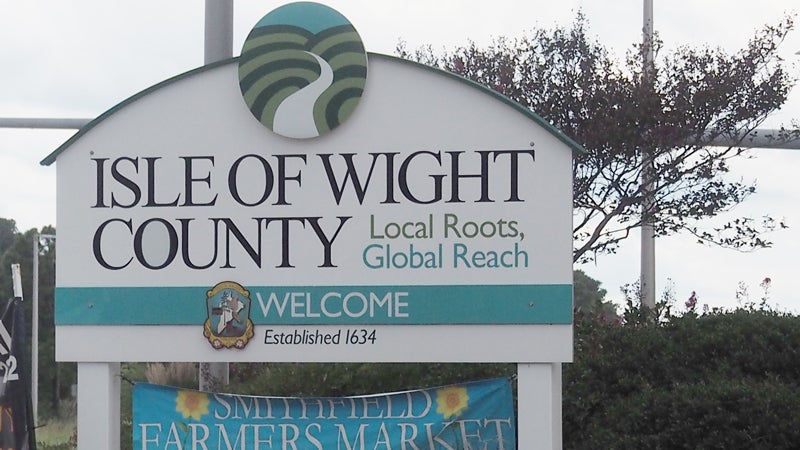School Board seeks seat on growth task force
Published 4:14 pm Wednesday, January 17, 2024

- FIle photo
Isle of Wight County’s School Board wants a seat on newly elected Supervisor Renee Rountree’s proposed “growth management” task force.
Rountree, who was elected in November to the Smithfield-centric District 1 seat on the Board of Supervisors, called for creating the task force at the supervisors’ Jan. 4 meeting, though her fellow supervisors have yet to take official action to create the group or name its members.
Isle of Wight, already the seventh fastest-growing county in Virginia, according to census data, saw seven rezoning applications for new and expanded subdivisions in 2023 that would collectively add over 1,900 new houses to the county’s northern end. Another 2,200 homes spread across eight developments approved prior to 2023 could break ground any day.
The resulting influx of new northern-end students could put three schools – Carrollton Elementary, Smithfield Middle and Smithfield High – over capacity, according to the school system’s latest enrollment projections.
School Board Chairman Jason Maresh, on Jan. 11, urged his fellow board members, the supervisors, and Smithfield’s and Isle of Wight’s respective planning commissions to consolidate their efforts in estimating student population growth. School Board member John Collick said he’d be interested in serving on Rountree’s task force if it comes to fruition. Maresh has further recommended IWCS spokeswoman Lynn Briggs and Deputy Superintendent Christopher Coleman be on the task force either as members or in an advisory capacity.
“We want to work together with the Board of Supervisors on as many issues as possible that are going to impact our school division,” Collick said.
Rountree’s proposal, as of Jan. 4, called for a 10-member task force composed of one supervisor, one council member from each town, one unelected representative from each of the county’s five voting districts and two at-large members from the county’s northern end.
Its purpose, Rountree said, would be to create a comprehensive list of costs, needs, benefits and impacts of growth. She’s proposed that the group make its first report in September and is urging a delay in the approval of any new housing developments until then.
A study Ohio-based Cooperative Strategies completed for IWCS last spring projected more than 1,000 new students would enter the school system upon the buildout of 13 then-planned housing developments. Since then, Smithfield’s Town Council has approved mixed-use zoning for the 267-home Grange at 10Main community planned for the western edge of the town’s historic district, and has received another rezoning application for “The Promontory,” which would add another 262 homes and five commercial parcels along Benns Church Boulevard.
Two additional applications – one proposing a 317-home Benns Church Boulevard subdivision known as “Gwaltney Farms” and another proposing an additional 136 homes at the dormant 2005-approved St. Luke’s Village development – are under review by planning and zoning staff at the county level.
In December, IWCS spokeswoman Lynn Briggs presented the School Board and Isle of Wight’s Planning Commission with a compilation of the now 15 planned and in-progress developments’ potential cumulative enrollment impact, which is based on the number of students each development’s submitted application proposes to generate. She then presented the same findings to Smithfield’s Planning Commission on Jan. 9.
In addition to putting Carrollton, SMS and SHS over capacity, the projections show Isle of Wight’s newest school, Hardy Elementary, reaching 100% of its 883-student “program capacity.”
The term differs from building capacity, Briggs said, in that it is constrained by state standards regarding class size. A preschool classroom is required to have 18 or fewer students, while the same room, were it to house third grade, could have up to 24. Self-contained special education classrooms, she said, are capped at eight students.
Hardy opened its doors to students for the first time at the start of the current school year following roughly 18 months of construction, some of which is still ongoing. The school’s bus loop and playgrounds have yet to be completed.





